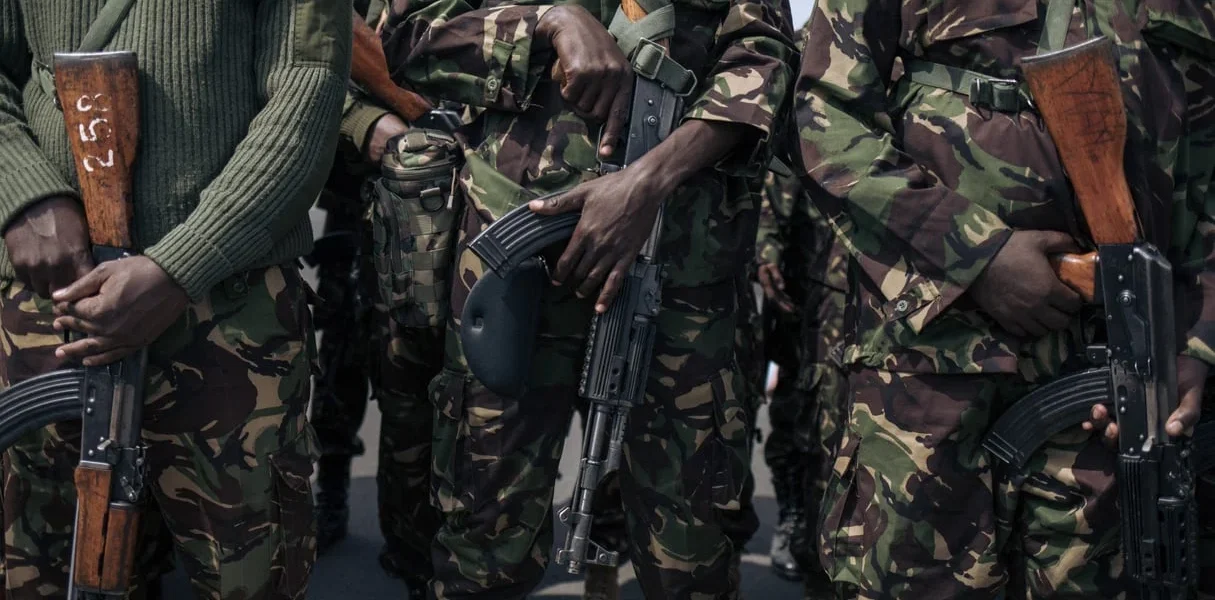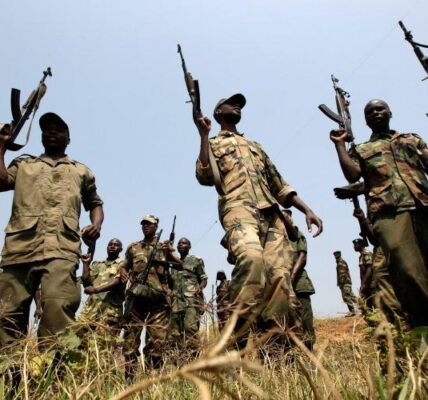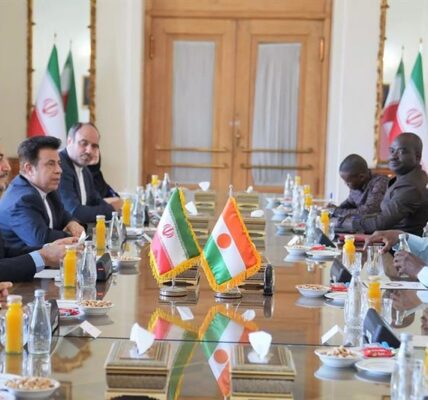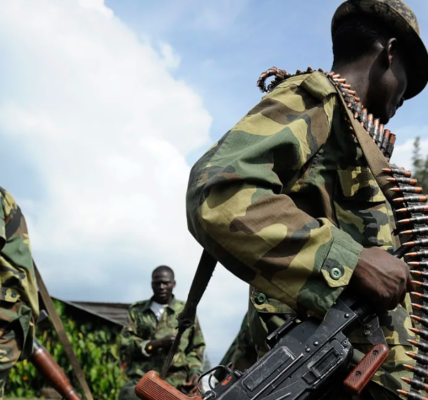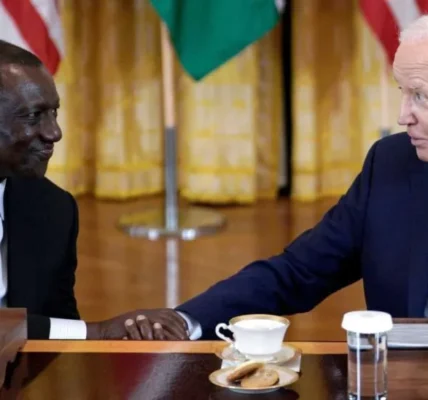‘Bizarre’ Coup by US Nationals Foiled in DRC, Threatening Western Interests – Daniel van Dalen, Signal Risk
A coup attempt against President Félix Tshisekedi’s government in the Democratic Republic of the Congo (DRC) has been foiled, resulting in three deaths. The coup is notable due to the unusual profile of the plotters and the involvement of foreigners. Three US nationals have been identified as the plotters: Christian Malanga, who was killed by DRC forces, referred to himself as the “President of New Zaire” and was accusing of plotting a coup in 2010; his son Marcel; and a business associate, Benjamin Zalman-Polun.
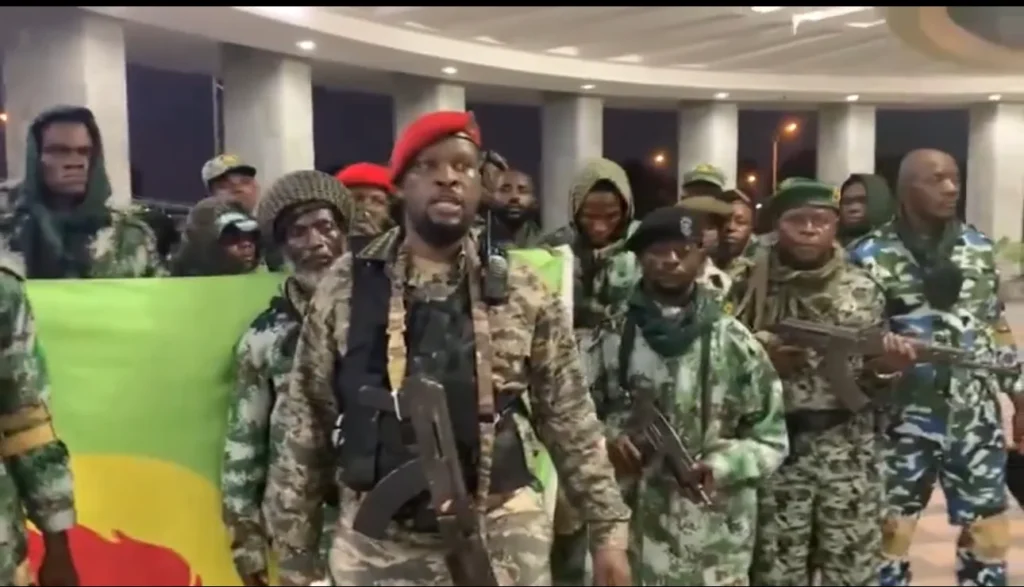
Another foreign national remains unaccounted for, but a Canadian passport has allegedly been found, and the involvement of a British national is still in dispute. Initially, it was thought to be Cole Patrick Ducey, an engineer living in Eswatini, but Ducey and DRC government officials later confirmed that he was not involved in the coup attempt.
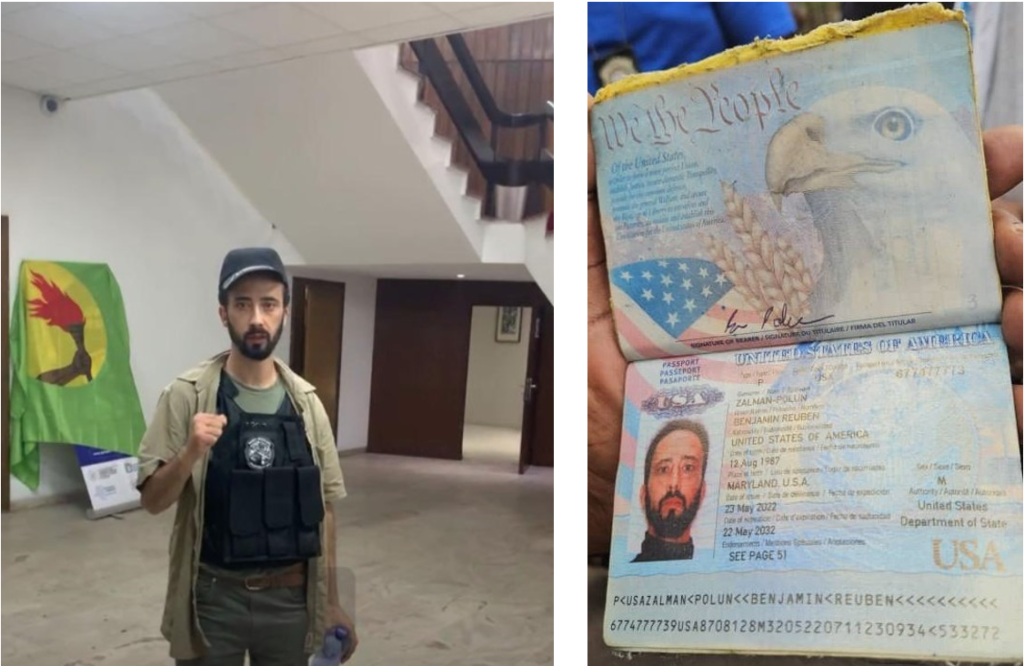
Another foreign national remains unaccounted for, but a Canadian passport has allegedly been found, and the involvement of a British national is still in dispute. Initially, it was thought to be Cole Patrick Ducey, an engineer living in Eswatini, but Ducey and DRC government officials later confirmed that he was not involved in the coup attempt.
Daniel van Dalen, a senior country risk analyst at Signal Risk, told National Security News that former President Kabila made deals with China at a time when the West did not support Kabila which led to China’s dominance of the global mineral market, especially in minerals crucial for green technologies. He describes the current president, Félix Tshisekedi, as having adopted a more nuanced approach currying favour with the West while ensuring existing relations with China are more beneficial.
One of the most bizarre coup stories on the African Continent
The coup was quite an interesting one and probably one of the most bizarre stories I’ve seen in recent years across the continent. You wake up at 5 a.m. on a Sunday and suddenly hear about gunshots in the capital. What happened was that a group of around 20 gunmen approached the residence of former Deputy Prime Minister Vital Kamerhe. Two police officers lost their lives in that confrontation, but they fortunately saved the deputy prime minister.At the time, the gunmen were reportedly looking for the residence of the actual prime minister, which they couldn’t find. Then they made their way to the presidential palace, which was empty at the time as Felix Tshisekedi was not there. The leader of the group, an American-Congolese named Christian Malanga, raised the old Zaire flag and declared himself the president of the new Zaire. Within about 10-20 minutes, the presidential guard and the military responded. Malanga and some of the other gunmen were killed in an exchange of gunfire, and the rest were captured within an hour or two. By the evening of May 19, the government issued a statement saying everything had been contained and was basically fine.
Coup leader fled DRC in the 80s, represented diaspora in the US
Christian Malanga, born in 1986, fled the DRC with his family in the early 90s due to the wars in the Congo. They eventually ended up in the United States, where he was educated. He returned to the DRC in the early 2000s, joined the military, and started a couple of successful businesses. Around 2009-2010, he attempted to enter DRC politics but did not get far. In 2010, he was accused of plotting to overthrow President Joseph Kabila, and subsequently fled back to the U.S., where he started a new political party aimed at representing the DRC diaspora. The party had no presence in the DRC, although he had some shell companies linked to old mining contracts that never went anywhere.
He made his money through export-import operations around the world, with a few companies registered in the U.S. He was also involved in mining projects in Mozambique. His social media and websites show his ambitions of becoming the DRC’s president. He originally held Congolese citizenship but later acquired American citizenship.
American passports involved in coup confirmed
The foreign nationals involved in the coup include his son, who has been captured. The involvement of a British national is still under dispute. While I have confirmed one of the American passports, I haven’t seen the British ones. There’s allegedly also a Canadian passport, potentially linked to a business associate of Malanga and a cannabis entrepreneur based in the U.S. who was caught drug trafficking between Canada and the U.S. 15 years ago.
These individuals tried to take over the DRC government, making it one of the most bizarre coups I’ve seen. Malanga, with his son and business associate, brought hired guns from the DRC to execute the plan. We are still waiting for more details from the investigation and interviews with the captured individuals, especially Malanga’s son and the business associate. Hopefully, more information will emerge soon
Subsequent investigations have revealed exactly where they were staying before the incident and other related details. It’s very unlikely that it was a case of being in the wrong place at the wrong time because was caught in military fatigues, wearing a bulletproof vest with American flag patches, and armed.
Videos were uploaded on social media months, weeks, and even a day before the coup, and they live-streamed the event on Facebook.
Zalman-Polun was seen in these videos, which makes it impossible for him to have been an innocent bystander. He was there with Malanga, supporting the operation, possibly under the guise of a grand plan sold by Malanga rather than the harsh reality on the ground.
DRC instability allowed China to dominate the global mineral market
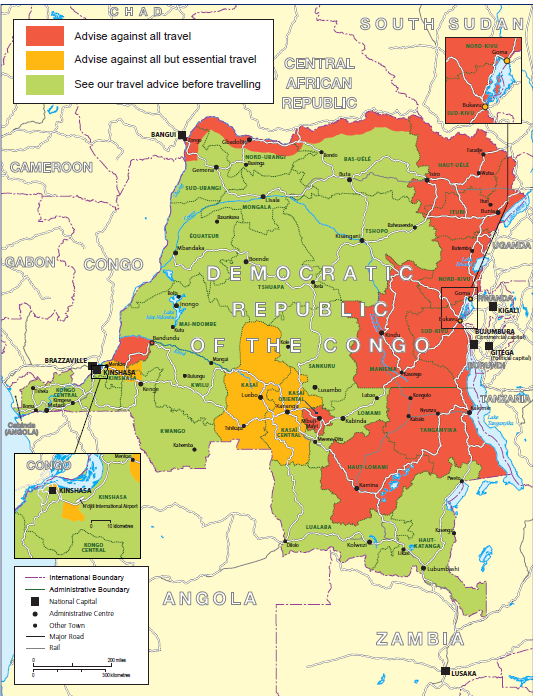
The Democratic Republic of Congo (DRC) has a very long and precarious history. It has been the host of what’s often described as Africa’s World War, referring to the Congo Wars that spanned the 1990s to the early 2000s. During that period, Joseph Kabila rose to power. Under his administration in the 2000s, there was significant erosion of governance and institutions in a country that is among the most mineral-rich in the world. This instability set the country back significantly.
From a Western standpoint, the DRC’s instability has allowed China to dominate the global mineral market, especially in terms of minerals crucial for green technologies. The current relevance of this situation is heightened because this recent coup attempt is the first significant one since the Congo Wars and various rebellions. The current president, Félix Tshisekedi, has shown a pro-Western inclination, willing to work with the U.S., which has brought numerous advantages. There are IMF programs and investments from institutions like the World Bank. The U.S. is now a major investor in the Lobito Trade Corridor, which aims to secure a better supply line of critical minerals to compete with China.
U.S. officials often communicate to the DRC that while they understand its relationship with China, the U.S. can offer better investments. Under Kabila, China’s promises of investment often did not materialize. Tshisekedi, while balancing relations with both the West and China, insists on tangible benefits for the DRC, such as building refineries and power plants.
Successful coup could destabilise the region, hurt Western interests
This strategic position of the DRC is crucial because it possesses vast untapped mineral resources. As the world moves toward green and sustainable technologies, the DRC will become even more significant. If a coup were to disrupt this progress, it would reverse development and have regional repercussions affecting neighbouring countries like Rwanda, Burundi, and Uganda. Additionally, it would impact global supply chains, particularly in minerals like copper, cobalt, and the newly developing lithium sector in the DRC. Hence, stability in the DRC is vital for both regional stability and global mineral supply chains.
Fighting M23 rebels in the East – can SADC troops make a difference?
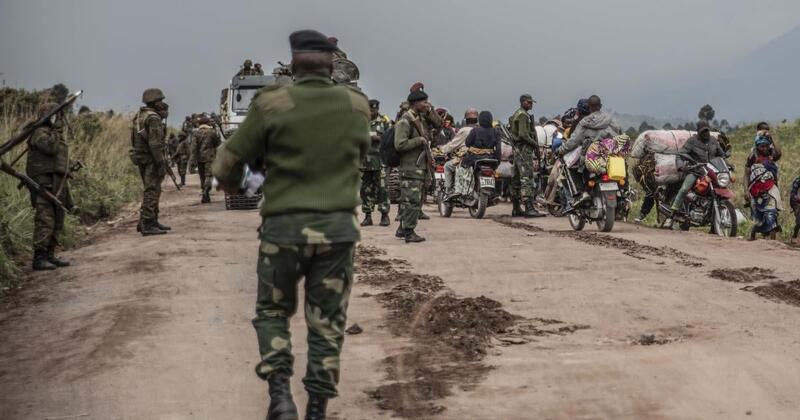
It’s an interesting question because the East African regional force came in with a very different mandate than SADC. The East African force aimed to serve as a buffer between M23 and the Congolese military, without engaging in combat. Their goal was to occupy spaces and possibly sort things out diplomatically. However, this approach did not work at all. M23 continued to fight and expand, and the East African community force refused to engage, even in the face of clear violations. This reluctance was largely due to documented cases of Rwandan soldiers supplying M23 rebels and fighting alongside them, creating significant apprehension.
Out of all the East African countries, only Burundi was willing to step up, eventually acting independently. This move was not necessarily welcomed internationally, but they did make some progress. Despite this, there were too many violations, leading to the East African forces being expelled.
SADC came in with a more active offensive mandate. Interestingly, the supporting actors in SADC are the same countries that contributed to the MONUSCO Force Intervention Brigade in 2012, which successfully pushed out M23. These countries include Malawi, Tanzania, and South Africa.
SADC’s intention is to ensure the safety of Goma, which has seen increased mortar strikes on its outskirts from M23. They have positioned themselves strategically to the east of the city in a town called Sake and have defended it well. However, M23 has substantial resources and manpower, and the current contributions from SADC are not enough. The Congolese military is also under-resourced and under-capable in many areas, despite recent positive reforms.
Lifting of arms notification system against the DRC benefitting the Congolese military
The partial embargo on arms to the DRC was lifted two years ago, leading to an influx of more advanced drones, benefiting the Congolese military. However, the SADC force remains under-resourced. Articles in South Africa highlight the lack of mechanized equipment within the South African National Defence Force, the biggest contributor and funder of the operation. Unlike in 2012, when the FIB had gunships and adequate weapons, these resources are now lacking.
SADC will likely defend key diplomatic assets and prevent M23’s advance on Goma and Sake, but they may not significantly impact the overall expulsion of M23. That responsibility will ultimately fall to the Congolese military and their allied militias. There have been some recent successes in regaining territory, particularly in Rutshuru territory, with about 10 villages recaptured. This progress, along with the arrival of Chinese drones and more operational fighter jets, gives some optimism. While SADC may not save the day, their presence will allow the Congolese military to allocate resources elsewhere, enhancing their overall effectiveness.

